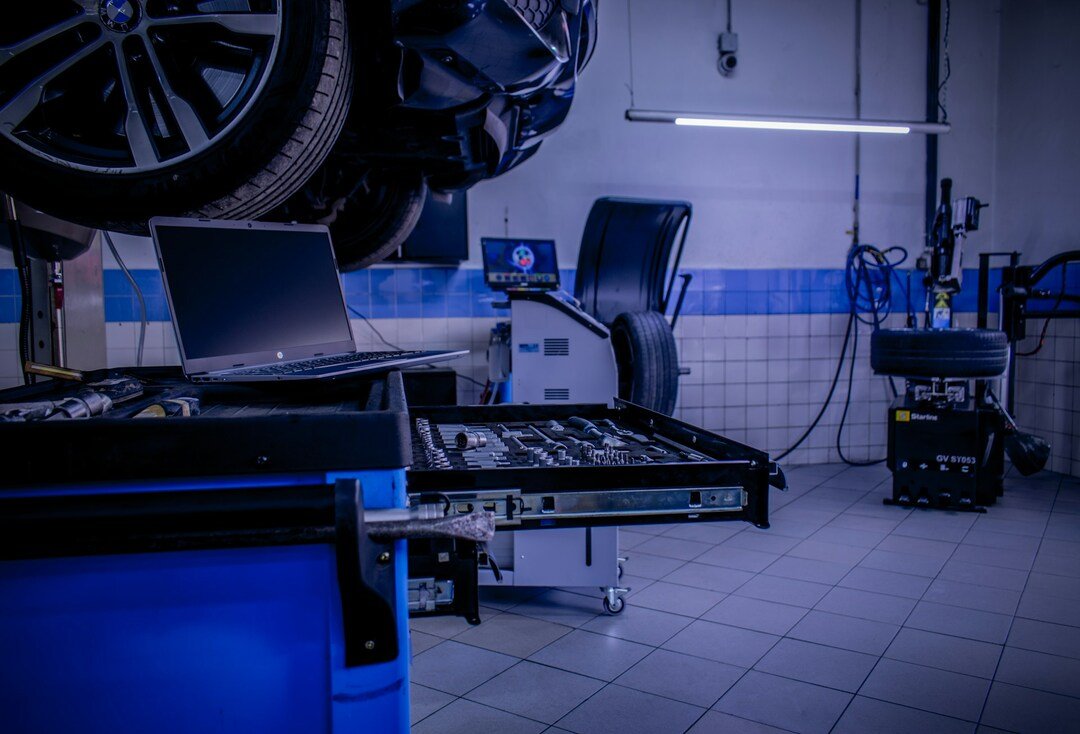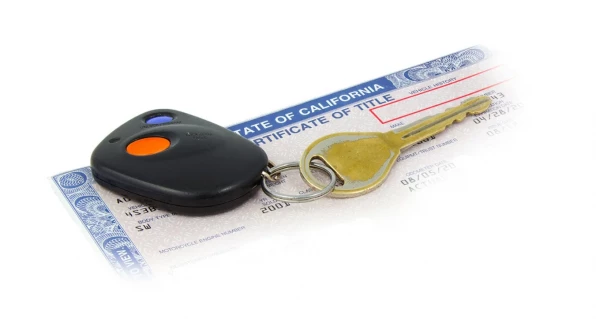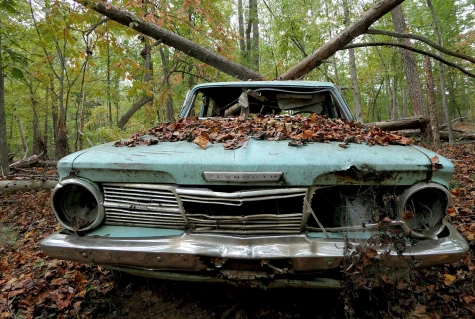Now that you're driving your car more and more, many of you may be wondering "is it time to get my car serviced?" Often, if you're asking this, your car is experiencing wear and tear and needs to get a tune-up.
Like going to the doctor, you need to preventatively take your car for servicing. That way you're proactive and ready if something does go wrong.
But, how do you know when it's time to take your car in? Fortunately, there are some guidelines that most auto-dealers use when checking cars. These make it easy to remember how often your car needs servicing.
What is Included in a Car's Service?
This common question leaves many car owners confused. You're left wondering why you're waiting so long or why the tune-ups are expensive. But, when you know what the service includes, it makes the experience more enjoyable.
Many of the guidelines follow mile-markers as indicators of when to bring your car in. To see where your car falls on the spectrum, do an odometer check. The odometer indicates how many miles you've traveled in the car.
When you get a full car service, the mechanic will run various tests to make sure your car runs smoothly. Depending on the mileage and road conditions in your area, they will check for the items listed below.
Before you jump right in, be sure to work on getting a car's service manual to see which services need to happen and when. This gives you an outline of how to best take care of your car.
Every 30,000 Miles
Make sure to do these routine services every 30,000 miles. Getting these changes done routinely helps your car to stay fuel-efficient.
Oil
This is the most common type of servicing and should occur every 5,000 - 10,000 miles. To discover how far your car can go between oil changes, check the manual for your car. Do not exceed 12,000 miles before changing your oil, as your car can retain permanent damage.
Modern cars, especially those with digital odometers, will let you know when to get an oil change. Look out for a small light or a prompt on your car's odometer.
To manually check your car's oil, you'll need a dipstick. Once you've located the oil pan in your car, you'll insert the dipstick, noting where the oil line is when you retract the stick.
When the mechanic changes your oil, they will first drain all of the old oil from the car. Then, they will replace the oil filters and add in the new oil. Oil filters should be replaced each time you get an oil change for the best performance.
Air Filters
It's recommended for air filters to change during a regular tune-up every 15,000 - 30,000 miles. The lower end is if you live in an area with lots of allergens or pollution. You can stretch the air filter life to 30,000 miles, but nothing above that.
The air filters help your engine breathe better. They are primarily for ventilation and to get fresh air to the engine. If air filters are left for too long, they can damage the engine permanently.
Fuel Filters

Get fuel filters changed every 30,000 miles. The fuel filter is responsible for ensuring your engine runs smoothly and doesn't get clogged. If the fuel filter is full, your engine may stop working entirely.
Every 60,000 Miles
Have these items checked every 60,000 miles to prevent long-term vehicle damage. These are items that will be more expensive the longer you wait to replace them or if they break prematurely.
Battery
Batteries die over time but can be jump-started with cables in a pinch. If jump-starting doesn't work, however, the battery may be completely dead. Unlike oil and filters, which are rated per mile, batteries' wear and tear are measured by time.
In this case, you'll have to buy a new battery. They are generally easy to replace.
Brake Fluid, Pads, and Rotors
Brake fluid keeps your brakes working well and avoids the "sticky" or "squishy" break feeling. When the fluid has water in it, the fluid can turn to gas and throw off the entire brake system.
As far as brake pads go, they are what cushion the impact when you hit the brakes. When they wear out, you'll hear a screeching noise.
The rotors wear down over time and become warped, especially when the brake pads are wearing down, too.
Coolant
The coolant does exactly what the name implies: cools your car down. When this runs out, your engine can overheat.
Every 90,000 Miles
Many of these are big-ticket items, that, left unresolved, could end in car failure. Though they don't need to be checked as often, they are important to keep an eye on.
Steering Fluid
Like brake fluid, steering fluid needs to be drained and replaced. When it runs low, steering becomes difficult and noisy.
Any Hoses
Hoses transport your fluids, including steering fluid and coolant. When they crack over time, the fluid leak into your car's system.
Timing Belt
The timing belt is what allows the engine to operate. Using a timing belt instead of a timing chain means that the belt stretches out over time. This causes it to thin and break more easily.
When a timing belt breaks, your car will no longer run. Get this checked on every time you have a large car servicing.
Still Asking, "Time to Get My Car Serviced?"
If you don't know the last time your car was serviced, you may also be asking, "how do I check my car's service history?"
One way to do this is to check a car's service history free online. To do this, do a free VIN check. This runs the car's number through a database to check the background of the car.
This service also helps you save money and time when purchasing a new car. You can search the VIN to see the car's previous service schedule.
Check out our VIN Decoder to learn more about your car and its history. Now, you no longer have to ask, "when should I get my car serviced?"







